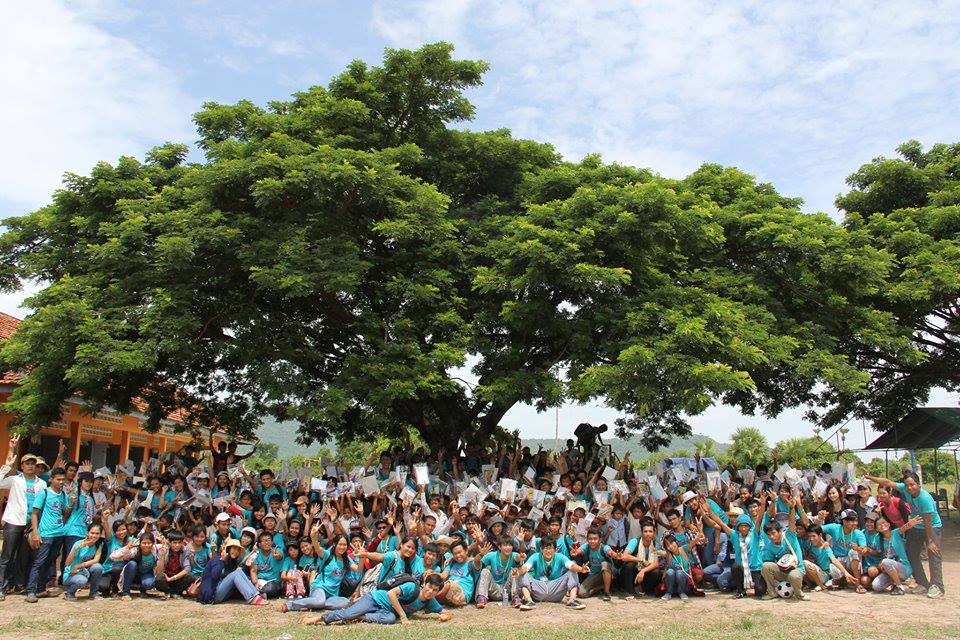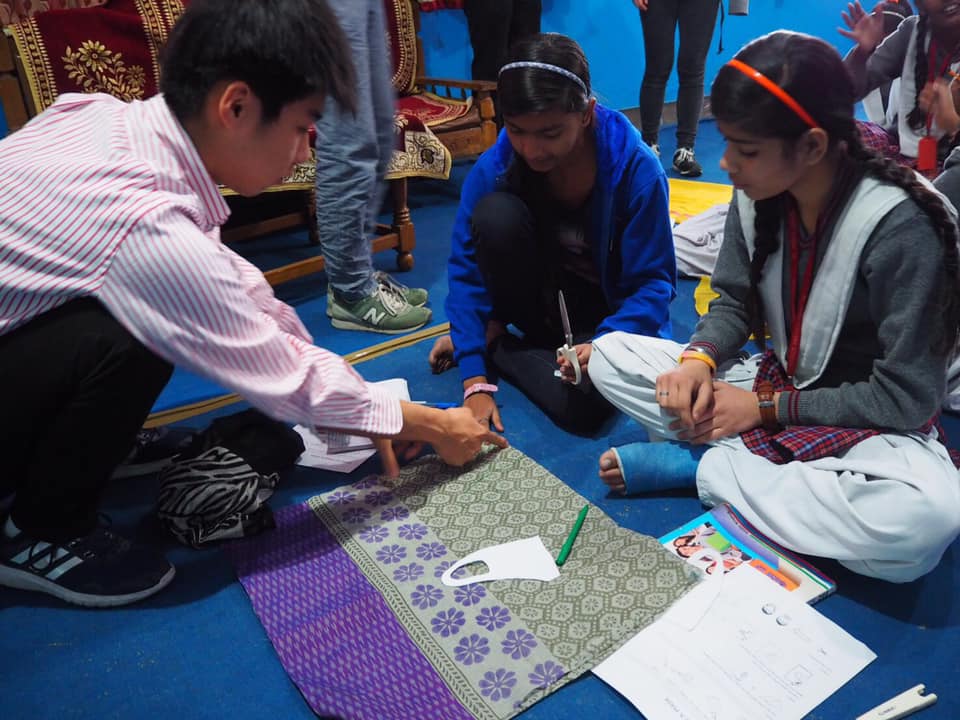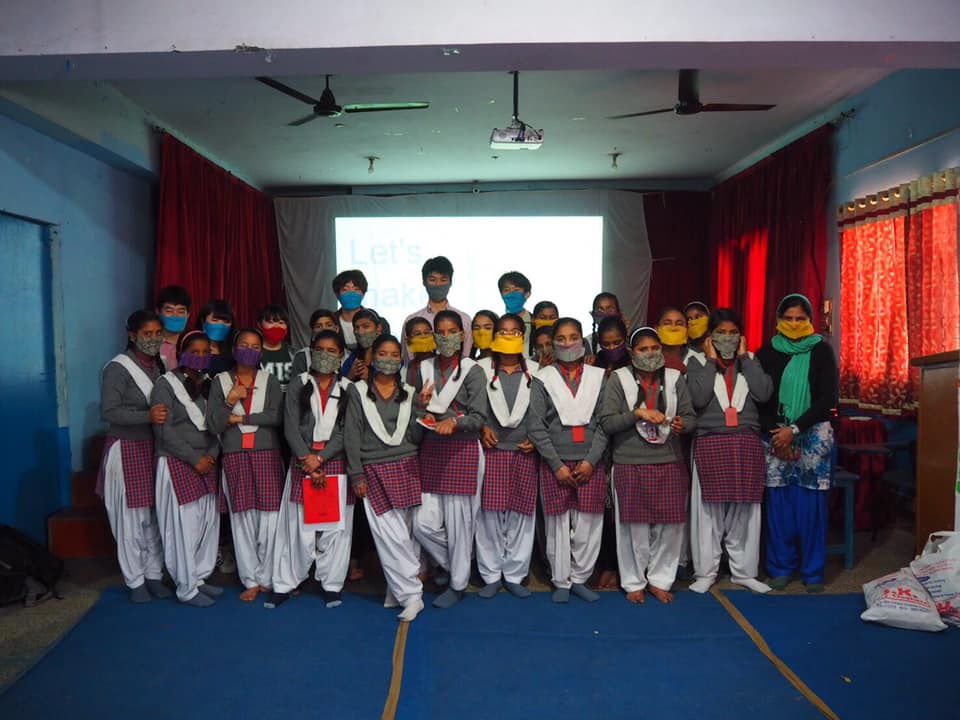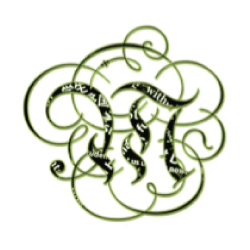
MIS(Multilateral Interaction with Students)は、カンボジア・ベトナム・フィリピン・ビルマ(ミャンマー)・インドネシア・インド・マレーシアといった計7か国の東南・南アジア各国の学生とともに、年1〜2回ほどのペースでプロジェクトを実行しております。また、普段は、各プロジェクトチームごとに年30回ほどのミーティングを行い、プロジェクトの準備を進めるほか、プロジェクトを円滑に進めるためのマネジメント手法の学習などを行っています。
Seed the future, lead the world.
将来を担う私たち学生が、国の垣根を越えて、世界を引っ張っていく存在になろう、そのために未来への種まきをしよう、という精神を謳っています。
活動目的
社会に対し主体的・積極的に貢献することのできる次世代リーダーの輩出
MISは主体的に社会に貢献することのできる次世代リーダーの輩出を団体の目的としています。そのため、MISが次世代リーダーの必要要素として考えている、主体的に問題を発見し解決する能力を養うことを目指しています。プロジェクトを進め切磋琢磨する中で、MISに所属しているメンバーのみならず、提携先の学生も次世代リーダーとなることが我々の理想です。
活動内容
以上を踏まえたうえで、私たちは、各国の若者たちを巻き込んで、①問題発見 ②議論 ③実行 ④反省 のサイクルを繰り返すことを重視しています。
まず「問題発見」のフェーズでは、現地の学生の問題意識や、日本人から見た新しい視点などをもって現地のフィールドワークを行い、どういった問題があるのかを探します。しかしそこで上がった問題が必ずしも解決すべき、かつ私たちで解決しうる問題であるとは限りません。そこで次にその問題が本当にプロジェクトを組むべき問題であるのか「議論」して検証します。議論は、どの問題を扱うかから始まり、その解決プロジェクトの手段は適切か、などプロジェクト実行までのあらゆる時点で行われます。そしていよいよ議論を重ねて計画されたプロジェクトを「実行」します。そこで始めて認識できるプロジェクトの良い点、悪い点は多くあります。それらを受けて最後にきちんと「反省」することによって、次のプロジェクトをさらによりよいものにしていきます。反省フェーズは、新陳代謝が活発な学生団体においては、過去の失敗や成功例を受け継ぐためにも非常に重要な部分です。
以上で述べたように、この4つのうち、どれか一つでもかければ、意味のあるプロジェクトはできません。もちろん、このサイクルの中で立ちはだかる弊害はいくつもあります。ただ、そのような弊害を我々の限界と捉えるのではなく、1つ1つ乗り越えていくことによって学生が可能性の限界に挑める場を提供したい、MISではこのように考えています。そうした挑戦を通して、将来的に彼らが真に国際社会に貢献できる人材となることを心から期待しています。
<沿革>
2011年12月
発足
2012年4月
JCSI、ファシリテーション部門設立
2012年9月
新規ネットワーク部門設立
2013年4月
新規ネットワーク部門にJSSI、JPSI、JVSIを設立
2013年7月
NPO法人格を取得
2013年10月
新規ネットワーク部門とJCSIを統合し、ネットワーク部門へ
2014年4月
ネットワーク部門にJISIを設立
2014年8月
カンボジアにて初のMultilateral Projectを実施
2014年9月
ネットワーク部門にJDSI(ダッカ)を設立
2015年4月
ネットワーク部門にJMSIを設立
2014年8月
日本にて初のExperience Japan Projectを実施
2016年3月
欠員多数のためJSSI活動休止
現地の治安悪化のためJDSI(旧ダッカ)が渡航を中止、拠点をデリーに移す
2016年4月
Experience Japan ProjectがJOSIとしてネットワーク部門に移転
2019.05.26 18:28 JDSI春渡航最終報告
【JDSI春渡航最終報告】
■概要
・日程:2月27日〜3月6日
・活動地:デリー
・人数:6人
■内容
ゴミの悪臭への誤った対策と大気汚染による健康被害という2つの問題を解決するためのプロジェクトの実行。
■目的
プロジェクトを実行することで、上記2つの問題を少しでも改善すること。
■活動
ゴミの悪臭を避けるためにシンナーを使って中毒になってしまう子供たちがいるという話を現地の人から聞いたため、それに代わるゴミの悪臭への対策と、大気汚染への対策も兼ねて、いらなくなった服を材料に、子供たちにとって身近で手頃な現地の線香(アガールバッティ)をこすりつけることで匂い付けをしたマスクを子供たちともに作った。また、マスク作りの前には、ゴミのポイ捨てや放置によって形成されるゴミ山が人体に及ぼす被害と、シンナーを吸うことによって引き起こされる健康被害についてパワーポイントを使ったレクチャーを行なった。継続性を持たせるため、マスクの作り方の書かれたワークシートと型紙を子供たちに配布し、プロジェクト終了時に、参加した子供たちに、下級生などに作り方を教えるよう促した。
■成果
レクチャーは英語で行い、イラストやジェスチャーを多用し、出来るだけ分かりやすい言葉などを使って説明した上、子供たちはそれを提携先の方の通訳を介して聞いた。実際に理解できたことを示すような仕草をした子や、感想として理解できたと推測できるようなことを述べた子が多くいたので、私たちの伝えたかったことは十分に伝わったと思う。マスク作りも皆とても熱心に取り組み、互いに作り方を教え合ったり、試着したりしていた。1ヶ月後に提携先の方に、子供たちがマスクを使っているかどうか尋ねたところ、残念ながら皆使ってはいないとの回答をもらった。しかし、子供たちがマスクを自分たちで作れるようになったことはとても良いことだという感想ももらった。
■コラム
プロジェクト後に、夏渡航のプロジェクトの視察として、提携先の方々と周辺のスラムの人々が普段飲み水として利用している水を見せてもらった。施設の一角に手動で地下水を汲み上げるポンプがあり、それを浄水して飲み水にしているとの話を聞いた。提携先の方に促されて、メンバーの一人がその浄水する前の地下水を口に含むというかなり貴重で勇気のいる経験をした。口に含むだけで飲み込みはしなかったこともあり、幸い、お腹を壊すこともなかったが、本人曰く、化学的なしょっぱさを感じたということだったので、やはり人間がそのまま飲めるものではないということがわかった。その日の夜は、ちょっとした打ち上げとして、ホテルの一室に集まり、カレーをオーダーしておしゃべりしながら楽しいひとときを過ごした。
■Breakdown
・Date
from February 27 to March 5
・Location
Delhi
・Member
6
■Content
Carrying out a project to solve the problem of the children avoiding the odor of garbage in an incorrect way and the problem of air pollution.
■Purpose
Make improvements to the two problems mentioned above be carrying out the project.
■Activity
After hearing the fact that there are children who use thinner in order to avoid the bad smell of garbage and end up being addicted to it, we made masks out of used clothes and put a good smell on them with agarbattis, which are cheap Indian incense sticks, to take measures against the odor of garbage and air pollution. Preceding the mask-making workshop, we gave them a power-point lecture on the damage that the trash dumps as a consequence of littering and abandoning garbage does on humans and the damage that thinner brings upon human health. In order to give sustainability to the project, we gave the children procedural manuals for making masks and patterns of the mask and told them to teach their juniors how to make the masks.
■Results
Using a lot of illustrations and gestures, we gave the lecture in simple English, which one of our partners translated in Hindi for the children. As a result, there were many children who showed comprehension with gesture and feedback after the project, which suggests that they fairly understood our message. They enthusiastically worked on the mask-making, teaching each other and trying them on. One month after the project, we asked the person in charge of the school whether the children were using the masks. Unfortunately, she answered that they were not. Yet, she told us that it is good that the children are able to make masks by themselves,
■Column
After the project, we asked our partner to show the water which the local people usually drink as an inspection for our next project in summer. There was a manual pomp to pump up the groundwater, which was used as drinking water after purification. The person who guided us encouraged one of our members to have some of the groundwater in his mouth, which was a precious and courageous experience. Fortunately, as he simply put it in his mouth and not drink it, he did not have any stomachache, but he told us that the taste was chemically salty, so we found that it was definitely not for drinking without purification. That night, we had a little curry party in one of our hotel rooms after the success of the project and had a joyful time.



